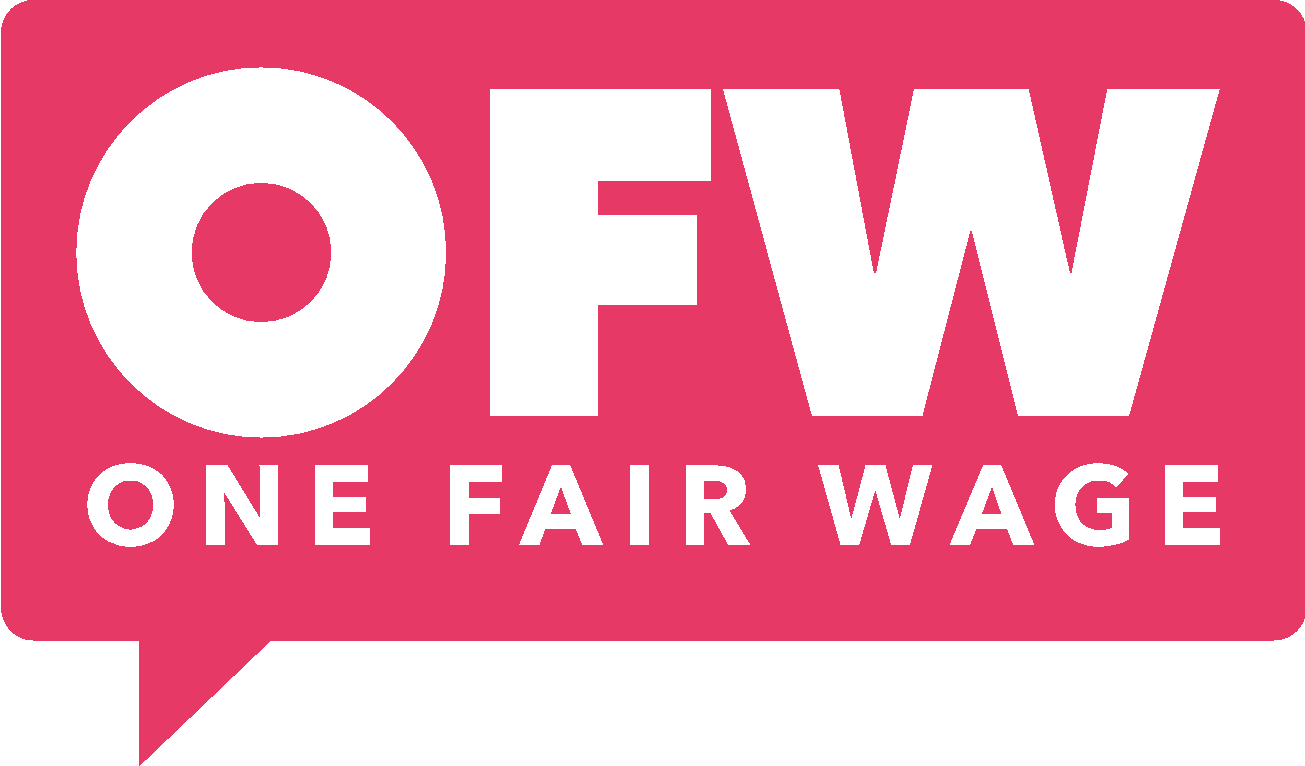Locked Out by Low Wages
Michigan Service Workers’ Challenges with Accessing Unemployment Insurance During COVID-19.
The COVID-19 pandemic is the largest public health and economic crisis in modern history. In Michigan state the physical and material devastation for residents is vivid. For those in the restaurant, hospitality, and personal services sectors we are witnessing acute and unprecedented rates of unemployment, hunger and housing insecurity. This crisis has amplified the fact that the service sector has long been plagued by poverty wages and unsustainable working conditions. Before the pandemic, nearly 400,000 Michigan restaurant workers and over 160,000 tipped service workers were disproportionately likely to live in poverty and rely on public assistance.
For most tipped workers, their low wages can be traced back to the subminimum wage for tipped workers, still only $2.13 at the federal level. Forty-three states, including Michigan, continue to allow a tipped subminimum wage, forcing a largely female, and disproportionately people of color population to rely almost entirely on tips. These unconscionably low wages, which already impoverished millions, are now having an impact on people’s ability to access federal and state emergency resources like unemployment insurance. The lack of One Fair Wage, representing a full minimum wage with tips on top, has left millions of service professionals across the country, and particularly in Michigan, unable to cover their families’ most basic needs. The COVID-19 crisis has revealed, more than ever before, that the slave-era wage practices of the service sector must change.
